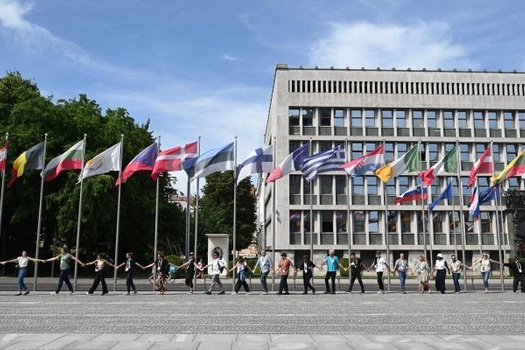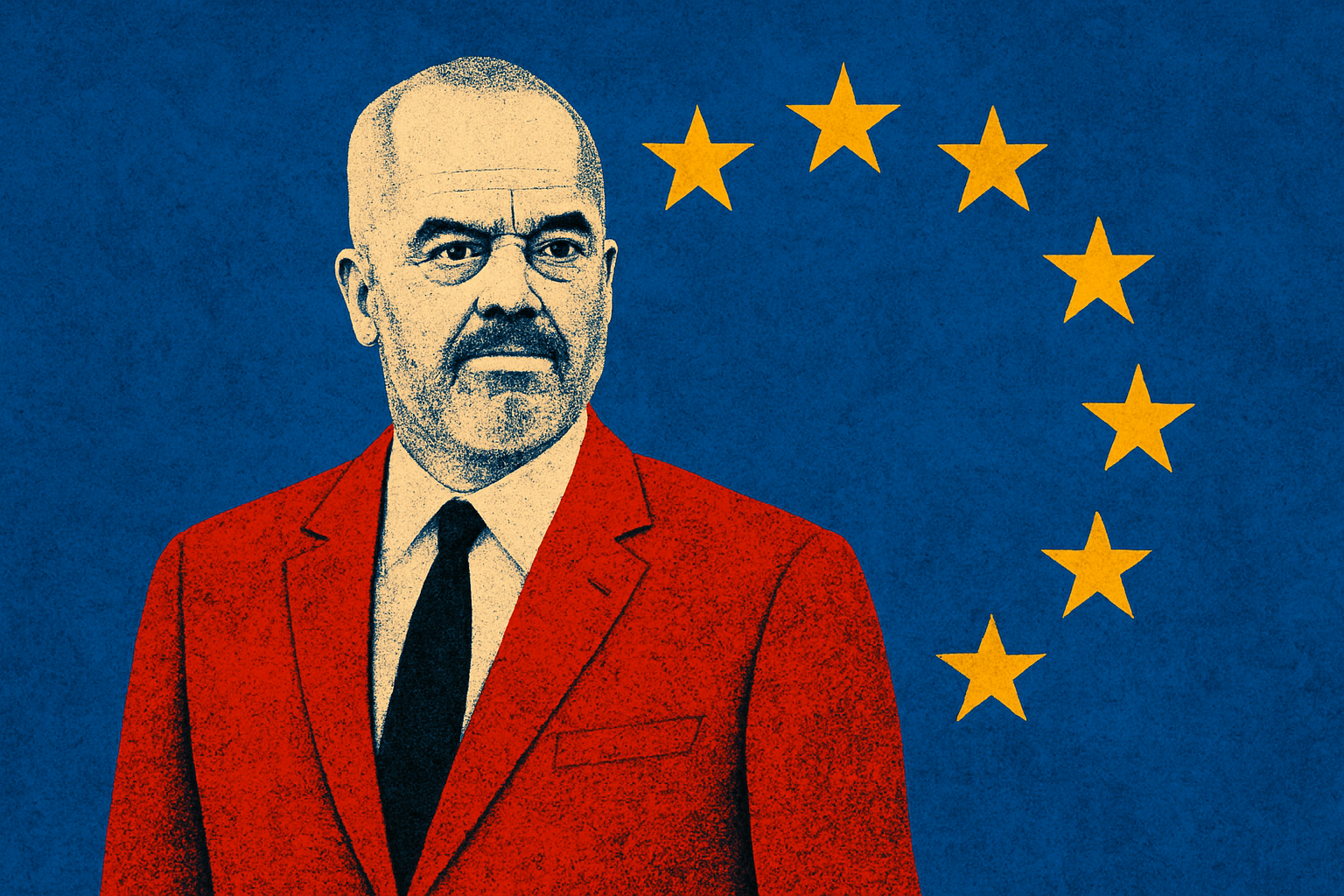The Region more connected
Maja Dragović
JOURNALIST
The recently established Open Balkan initiative aims to make better use of opportunities in the Western Balkans. It currently includes three countries: Serbia, North Macedonia and Albania. Mihailo Vesović, Director of Division for Strategic Analyses, Services and Internationalisation at the Serbian Chamber of Commerce, talks us through the initiative's main goals, benefits it may provide its citizens and the ongoing obstacles for companies in the region.
What are the initiative’s main goals?
Albania’s prime minister Edi Rama, North Macedonia’s prime minister Zoran Zaev and Serbian President Aleksandar Vučić have launched the initiative to implement certain principles of free movement of goods, people, services and capital in the three countries and to show how regional initiatives can be implemented.
The goal is to reduce or completely eliminate the waiting times for trucks at border crossings through an ICT system that defines all necessary documentation in advance, harmonizing and recognizing certificates and control mechanisms that ensure compliance with quality standards, stronger risk analysis and introduction of practical controls mechanisms that exist in the EU.
Another goal is to provide access to the labor market for all citizens of these three countries under identical conditions as the citizens of home country.
Citizens and companies within the Open Balkan initiative will get concrete benefits in the form of certain discounts on goods and services.
The aim is also to ensure the free flow of services and, at a later stage, capital within the Open Balkan. Finally, the goal is to create a union based on standards and principles of the EU before joining the EU, and thus enable companies from these three countries to have access to the EU single market in agreement with the EU.
The Open Balkan initiative creates a market of 12 million consumers where administrative barriers have been eliminated and a common economic area is established. What will the region gain from this economic space?
It will provide better business conditions, lower prices of goods and services due to fewer administrative barriers and thus making goods and services from the area more competitive in the global market.
The region will be more connected, providing companies better placement of goods and improving standards to be ready for the EU market. It will also enable full cooperation of institutions, bodies, agencies between these three countries, which will build greater trust both in the administration and at the political level.
At the moment, the biggest obstacles are the Western Balkans border crossings to the EU and long waiting times.

What are currently the biggest obstacles to doing business in the Western Balkans?
At the moment, the biggest obstacles are the Western Balkans border crossings to the EU and long waiting times, especially at the border crossings between BiH and Croatia and the border crossings between Serbia and Croatia and Serbia and Hungary.
Waiting times for trucks at border crossings are a problem we have been trying to solve for years. At the intraregional crossings, within the Western Balkans, after last year’s establishment of the so-called green corridors within CEFTA, waiting times were reduced to a tolerable level. We are trying to reduce them further, and several initiatives initiated by the Serbian Chamber of Commerce have been directed in that direction, both within Serbia and regionally.
Within the region, we would also like to see faster implementation of the Action Plan for the Common Regional Market. From an economic point of view, there are a number of additional costs that we believe can be avoided through mutual recognition of certificates accompanying goods, certificates of conformity, as well as more rational risk control at crossings within the region. In terms of services, all six chambers of commerce in the region want to see full liberalization of service provision, mutual recognition of licenses and the creation of a common market in this segment as well.
For this very reason, the Republic of Serbia, together with Albania and North Macedonia, launched the Open Balkan initiative, in order to remove the remaining barriers in mutual business. It is important for us to point out here that this initiative is also open to the remaining six economies of the Western Balkans, and we hope that they will join soon.









